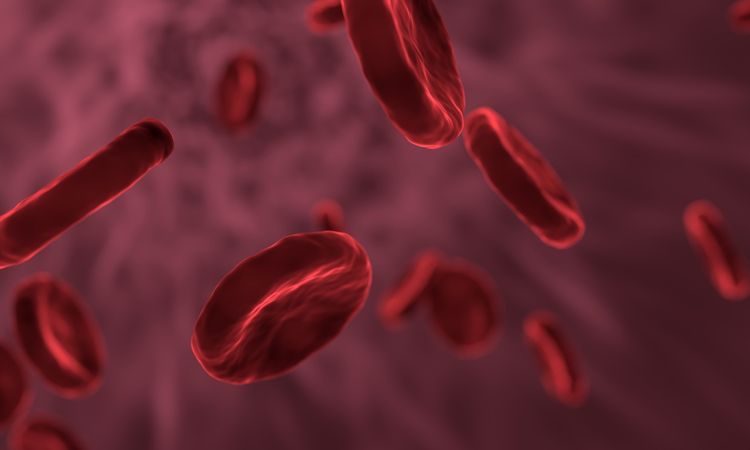Golden Blood, or Rh-null blood is an extremely rare blood type that has only been identified in 43 people around the world in the last 50 years. It is sought after both for scientific research and blood transfusions, but also incredibly dangerous to live with for the people who have it, because of its scarcity.
To understand golden blood it’s important to understand how blood types work. Human blood may look the same in everyone, but it’s actually very different. On the surface of every one of our red blood cells we have up to 342 antigens – the molecules that trigger the production of certain specialized proteins called antibodies – and it’s the absence of certain antigens that determines a person’s blood type. Around 160 of these antigens are considered common, meaning they are found on the red blood cells of most humans on the planet. If someone lacks an antigen that is found in 99 percent of all humans then their blood is considered rare, and if they lack an antigen found in 99.99 percent of humans, their blood is considered very rare.
The 342 known antigens belong to 35 blood group systems, of which the Rh, or ‘Rhesus’, system is the largest, with 61 antigens. It’s not uncommon for humans to be missing one of these antigens. For example, around 15 percent of Caucasians miss the D antigen, the most significant Rh antigen, making them RhD negative. In contrast, Rh negative blood types are much less common in Asian populations (0.3 percent). But what if a human is missing all of the 61 Rh antigens?







